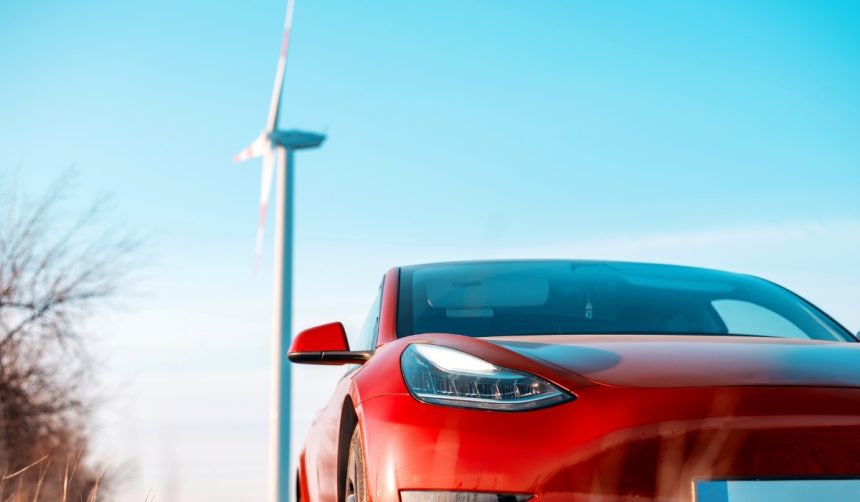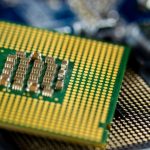An apparent bombing at a Tesla Supercharger station in Lacey, Washington, has prompted a swift response from local authorities and federal agencies. The incident, occurring overnight, resulted in significant damage to the station’s transformers, disrupting charging services for Tesla vehicles. Community members are expressing concerns over the increasing frequency of such attacks targeting Tesla infrastructure.
Earlier reports have highlighted a surge in vandalism incidents against Tesla properties across the United States, linked to ongoing protests against the company’s leadership and policies. This latest attack in Washington aligns with a pattern of coordinated efforts to disrupt Tesla’s operations, as seen in previous incidents involving damage to vehicles and charging stations. The consistent targeting underscores the escalating tensions surrounding the brand and its corporate decisions.
Who is Investigating the Incident?
Local law enforcement and federal agencies, including the FBI, are actively investigating the bombing. Tesla’s official Charging account stated,
“We’re on-site with Lacey Police and FBI, and reviewing camera footage, also coordinating with Puget Sound Energy to get the Superchargers back online asap. Don’t mess with critical infrastructure.”
The collaboration aims to identify the perpetrator and restore the damaged infrastructure promptly.
What Damage was Caused?
The explosion occurred around 1:34 a.m., destroying the transformers essential for the Supercharger station’s operation. Multiple calls about a loud noise prompted dispatch to the scene by Lacey Police. The destruction has left the charging station inoperative, affecting Tesla drivers who rely on the facility for vehicle charging.
How is Tesla Responding?
Tesla is working closely with Puget Sound Energy to restore the Supercharger services as quickly as possible. Additionally, the owner of the adjacent property, who initially posted photos of the incident on Facebook, is reviewing camera footage in an effort to assist the investigation. Tesla emphasizes the importance of protecting critical infrastructure against such acts of vandalism.
The recent bombing is part of a broader wave of vandalism targeting Tesla’s assets, including vehicles, chargers, and stores. The company has faced ongoing protests related to CEO Elon Musk’s political activities and interventions in federal agencies. In response, President Trump classified attacks on Tesla as domestic terrorism, leading the FBI to investigate multiple related cases nationwide. These consistent attacks highlight the need for enhanced security measures to safeguard Tesla’s infrastructure from future incidents.
Enhancing security around Tesla’s facilities and increasing collaboration with law enforcement could mitigate the risk of further vandalism. Tesla users might also consider advocating for more robust protective measures to ensure reliable access to charging stations. Understanding the motives behind these attacks can help in developing strategies to prevent similar incidents, thereby maintaining the integrity and availability of critical infrastructure for all stakeholders involved.










